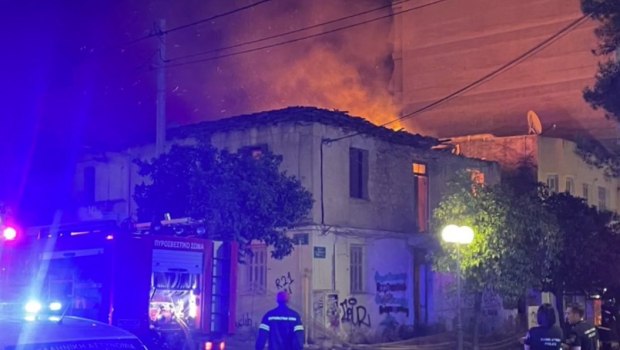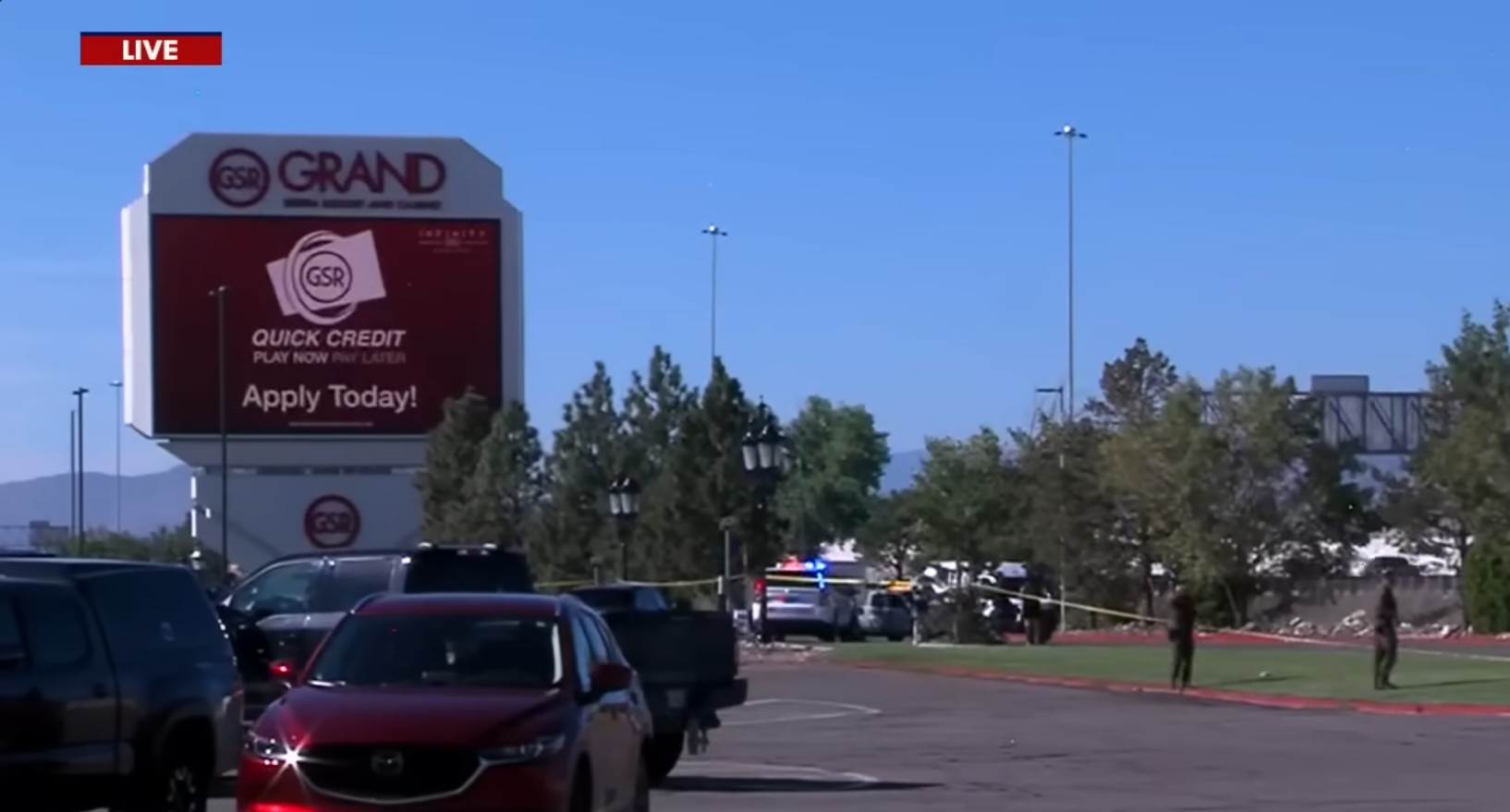Rent: Eviction without court, but with guarantees – What changes in lease expirations
The way landlords reclaim their property after a lease ends is changing.
As of January 1, 2026, landlords won’t have to wait months or even years in court:
They can issue an “Order for Property Restitution” through a certified lawyer, saving time, money, and hassle.
This new regulation applies to all landlords who cannot reclaim their property even though the lease term has expired.
It does not leave tenants un-, since it includes at least a 6-month grace period before eviction, with no cost or required action on the tenant’s part.
POMIDA describes this as a firm initiative by the Ministry of Justice to rectify a long-standing injustice against property owners through Article 72 of the upcoming law amending the Civil Procedure Code.
It states this corrects a chronic injustice, while offering a socially fair solution that could bring more properties to the rental market.
In practice, the new rules mean:
- The landlord sends an extrajudicial notice 3 months before lease expiration.
- If the property isn’t returned, the landlord may request a Property Restitution Order through a certified lawyer, without going to court.
- The tenant can challenge the order and request an extension for valid reasons.
- The eviction is enforced two months after notification, offering tenants a total of at least 6 months.
Clarifying Misconceptions
During the vote in Parliament, many critics – as POMIDA notes – rushed to condemn the regulation, claiming it allows landlords to “throw tenants on the street” within 1–2 months, and without judicial protection.
To set the record straight, POMIDA created a practical guide with 15 key Q&As.
1. Is
Content Original Link:
" target="_blank">










































